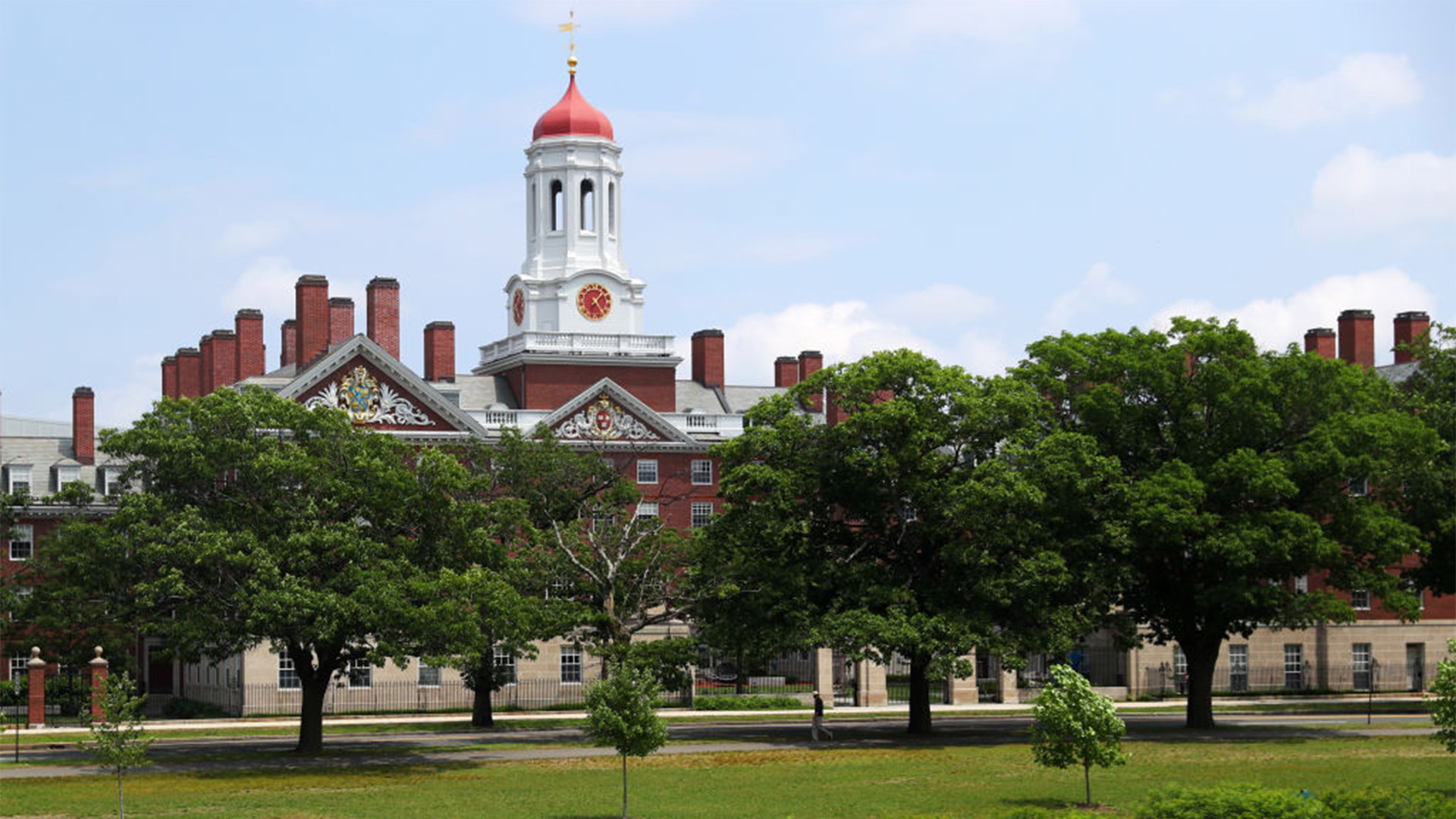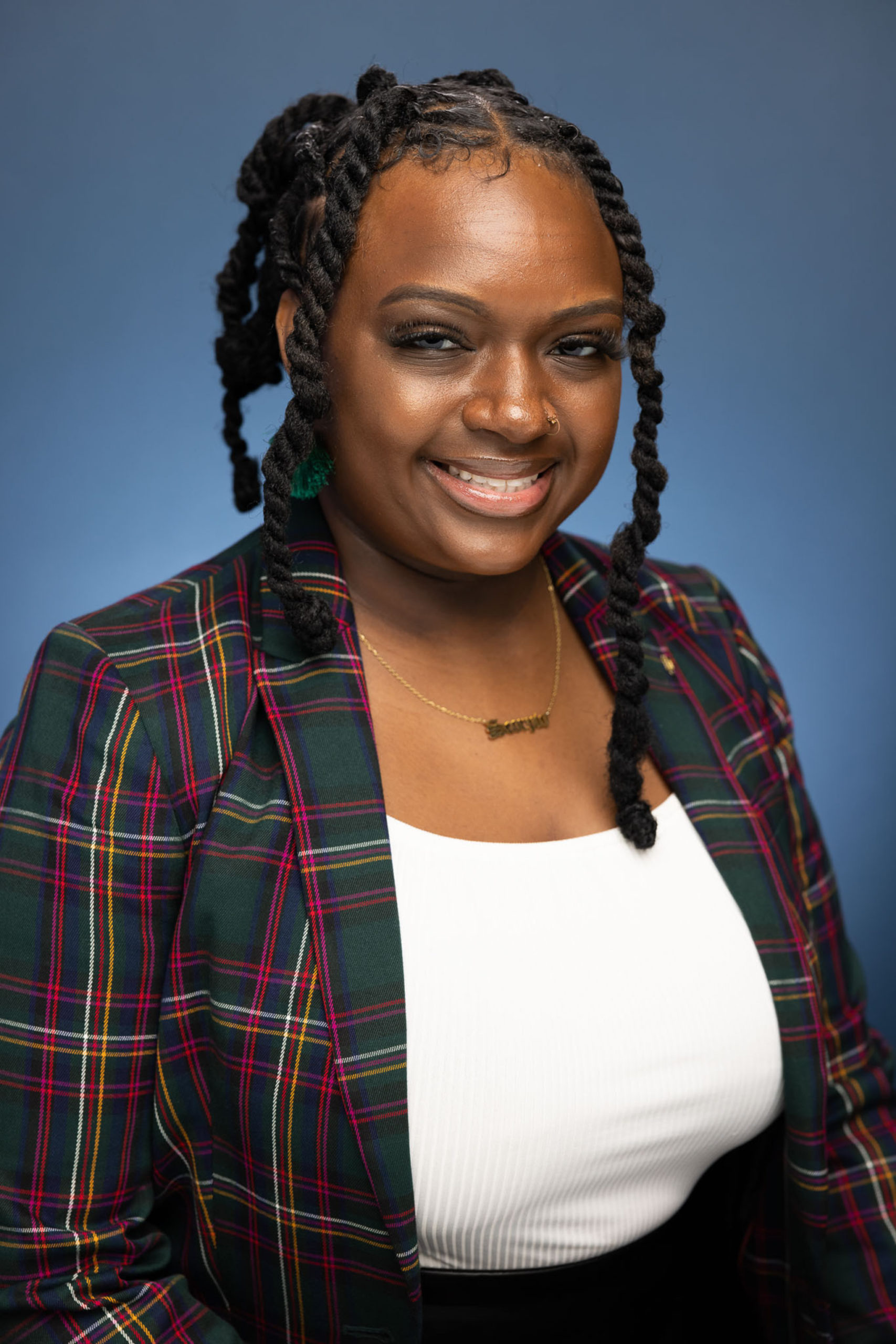In a move that is long overdue, Harvard University has reportedly appointed its first Black president.
The Harvard Gazette announced on Dec. 15 that Claudine Gay will become the renowned institution’s 30th president.
View this post on Instagram
Making History
The historic feat marks the second time that a woman has held the role at the Massachusetts school, CNN shared.
The outlet also reports that Gay will take the place of the current president, Lawrence S. Bacow, after announcing that he’d be stepping down in June 2022.
“Claudine is a person of bedrock integrity,” said Bacow in a statement via The Harvard Gazette. “She will provide Harvard with the strong moral compass necessary to lead this great university. The search committee has made an inspired choice for our 30th president. Under Claudine Gay’s leadership, Harvard’s future is very bright.”
Gay also shared a statement via The Harvard Gazette:
“I am humbled by the confidence that the governing boards have placed in me and by the prospect of succeeding President Bacow in leading this remarkable institution. It has been a privilege to work with Larry over the last five years. He has shown me that leadership isn’t about one person. It’s about all of us, moving forward together, and that’s a lesson I take with me into this next journey.”
Gay's Background
According to The Harvard Gazette, before being named president of the Ivy League institution, Gay worked as the Edgerley Family Dean of Harvard’s Faculty of Arts and Sciences.
She earned her bachelor’s degree from Stanford University and a Ph.D. in government from Harvard. Additionally, before being recruited by the university in 2006, she served as an assistant professor and tenured associate professor at Stanford.
Harvard's Recent History Of Change
As previously reported by AfroTech, in 2020, Harvard renamed its Holmes Society in honor of the first Black tenured professor, physician-scientist William Augustus Hinton.
“The quality that stood out about Professor Hinton, that I think really moved us toward his selection was that he openly admitted his humanity,” said Director of the Hinton Society and Advisory Dean, Anthony V. D’Amico at the time in a statement. “There are times when people fail, and we saw one of his qualities is that he would fall in terms of his research or clinical practice, or in terms of his science, and he wouldn’t give up. And I think that that [is the] kind of tenacity and fortitude, courage, that students want to be reminded of.”


